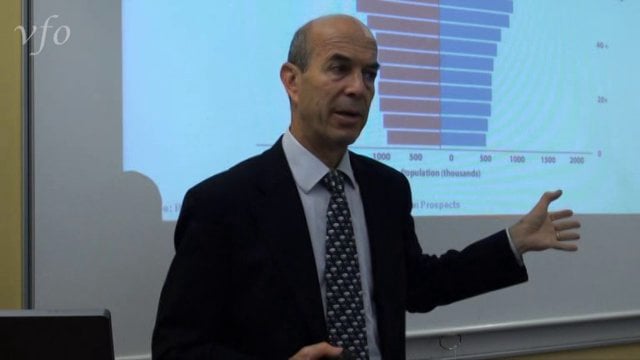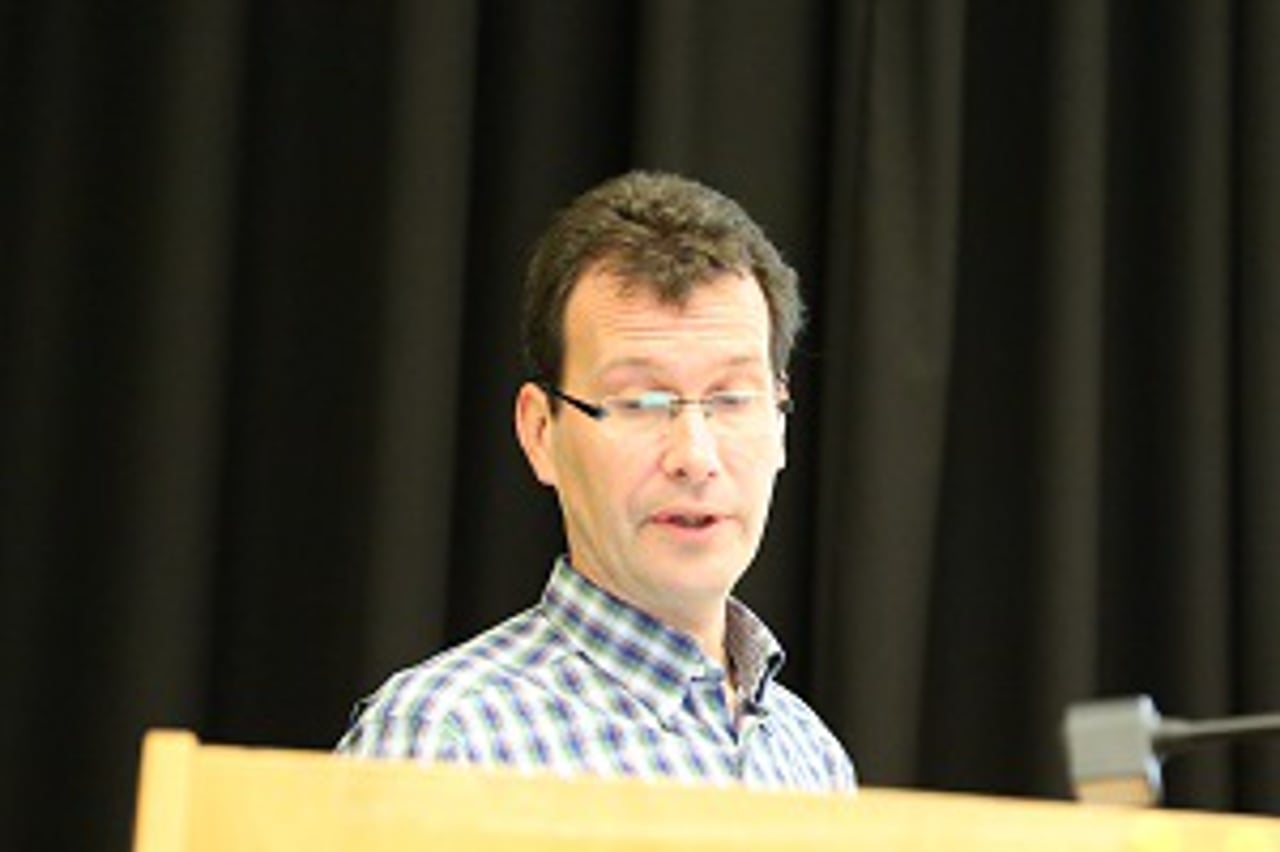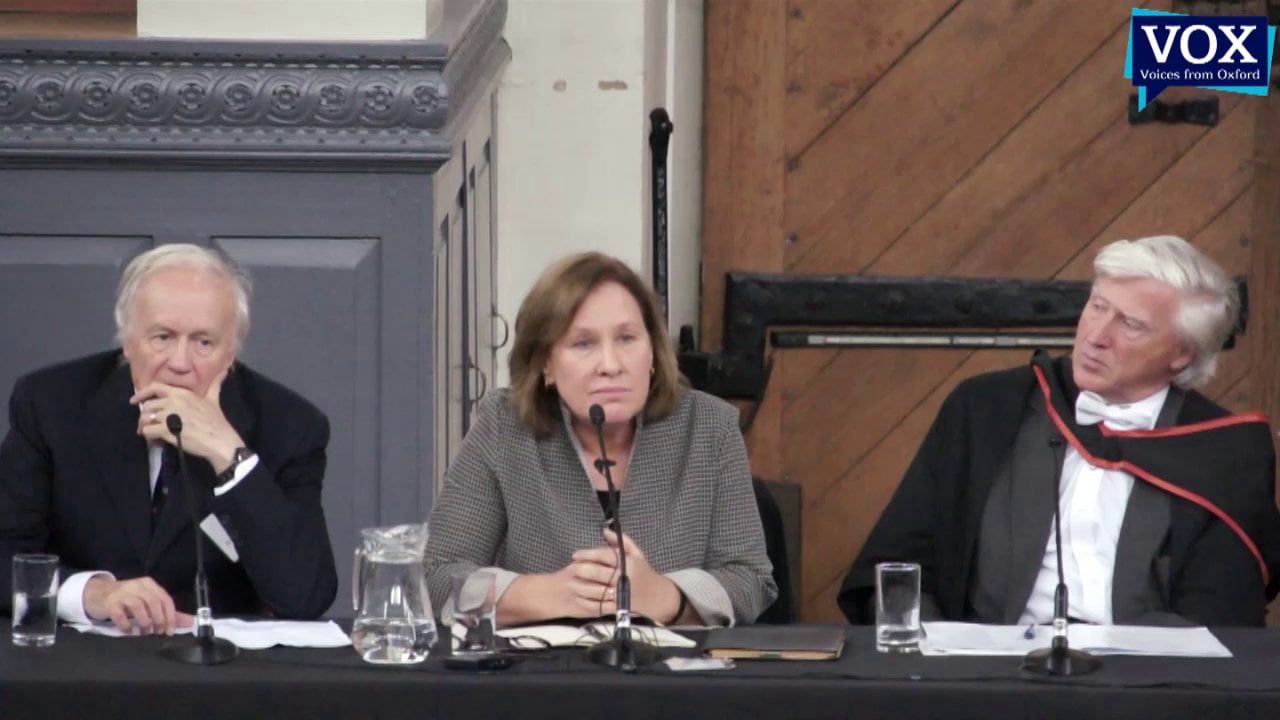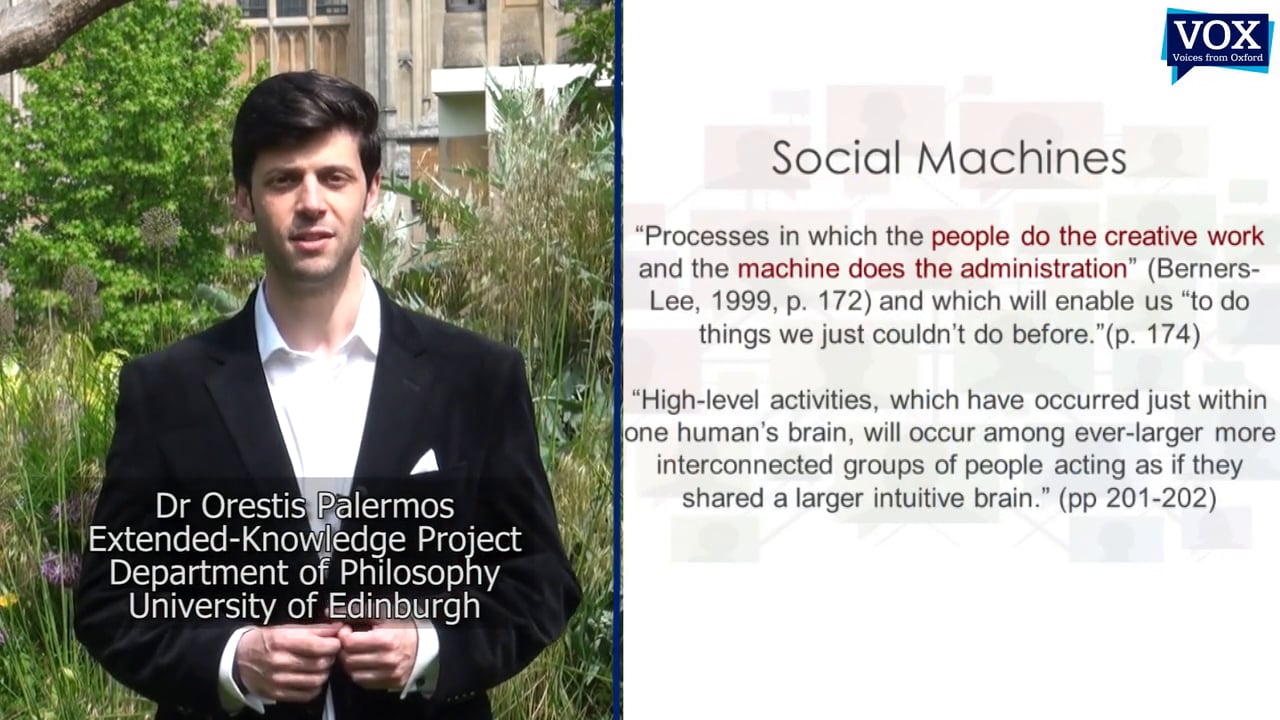
When British Prime Minister (1957 to 1963) Harold Macmillan addressed the most significant challenge for a statesman, he replied: “Events, dear boy, events”. Since its foundation, Voices from Oxford has looked at many issues, tapping much of the expertise and scholarship on its doorstep. In that time, events have certainly been a significant challenge, with military conflicts, social and economic collapse, the financial crisis, Brexit, the invasion of Ukraine, and the COVID pandemic, to name a few. Yet, the seeds of much that we see today were sown earlier, such as the fall of the Soviet Union. In retrospect, we often see cause and effect and much seems to have been an inevitable consequence. But how much of the results could be predicted?
“Events, dear boy, events”
Harold Macmillan
Can we predict the future?
So, it is often helpful to look back and consider how we viewed the events of the time. The last decade has undoubtedly been one of turmoil and political challenge. The optimism of the late 90s and early noughties turned inward with the banking crash in 2008/9. In the UK, it ushered in a decade of austerity, and politically, with UKIP biting at the heels of the Tory Party, it paved the way for the UK leaving the EU. Ultimately, the poorest would pay the price for the banker’s madness. Yet, Brexit aside, it was a period of the continuing expansion of the EU. An interesting question: how much of that expansion was predictable?
Geopolitics and EU expansion
EU expansion has occurred over time resulting from geopolitical events. So, Accession negotiations are underway with Albania (since 2020), Montenegro (since 2012), North Macedonia (since 2020), Serbia (since 2014) and Turkey (since 2005). Bosnia and Herzegovina applied for membership in 2016, and now Ukraine, Georgia, and Moldova in the first few weeks of the 2022 Russian invasion of Ukraine. Ukraine and Moldova were subsequently recognised as official candidates, while Bosnia and Herzegovina and Georgia are recognised as potential candidates and must complete additional reforms before becoming official candidates for membership. It is not inconceivable that the UK may renegotiate its relationship with the EU in a few years, perhaps rejoining the customs union.
So how much of this could have been predicted? Probably not much with any degree of accuracy. This prediction difficulty is the main point of a lecture (see video below) given by Professor Ian Goldin when he was the founding Director of the Oxford Martin School, a post he held for ten years (2006 – 2016).
“The best minds, in the best institutions, tend to get the future wrong,” Goldin says. Even the greatest minds tend not to see what is just around the corner. Professor Ian Goldin was involved in one of the momentous changes in South Africa: the end of apartheid and the Presidency of Nelson Mandela, in whose administration he worked. Events often happen because people “took control of their own destiny and lives, ” he says. Even famous inventors failed to see the inventions of the future. Goldin gives several examples, including the aviation pioneer Orvil Wright saying in 1908, “no flying machine will ever fly from New York to Paris.” It is essential, Goldin says, that we do not think there is a group out there that understands what is happening and controls the future.
“The best minds, in the best institutions, tend to get the future wrong,”
Ian Goldin
Goldin argues that global connectivity provides opportunities and highlights the rapid urbanisation that brings people physically closer. “When people are closer, they get wealthier.” There is a worldwide exchange of ideas, but also the means to execute those ideas to make and do things. He calls this an “explosion of creativity” in a new renaissance. But will it be an inclusive benefit, or will there be growing inequalities? Goldin warns that if we cannot find ways to address the downsides of globalisation, there will be a reaction against it. Moreover, connectivity brings risks – bad things such as diseases spread more quickly, as do financial problems.
Global solutions
The COVID pandemic spread so rapidly because of our globalised living, yet at the time of his lecture, Goldin would not have known of this. He did know that globalisation increases the risks of disease spreading rapidly. So, perhaps we can predict or envisage event types rather than the precise details of what, when and how they will occur. This general predictability is undoubtedly true for Climate Change; we can predict rising sea levels and the types of consequences. We can identify those regions or countries at the most significant risk. These consequences require global solutions to prevent, build resilience and deal with them. Climate change is an example of why we need global solutions to what is a worldwide threat. Perhaps we need to learn how to act globally rather than depend on international factors like markets. VOX has addressed this in our coverage of COP27: The Clock is Ticking, Saving The Earth’s Environment, Can we make the change? Our Country is Sinking!
Introduction written and posted by VOX News Editor Ray Noble



